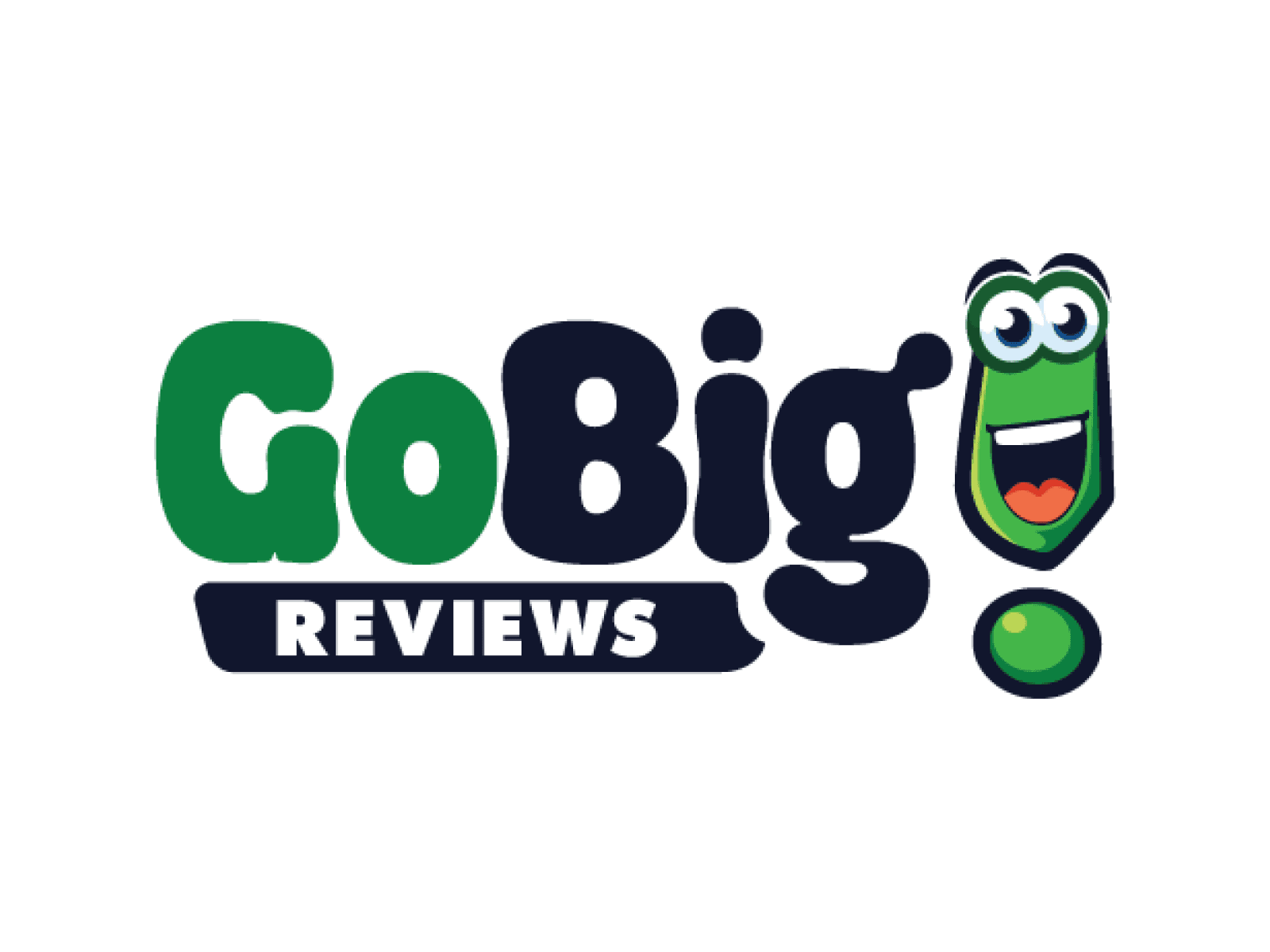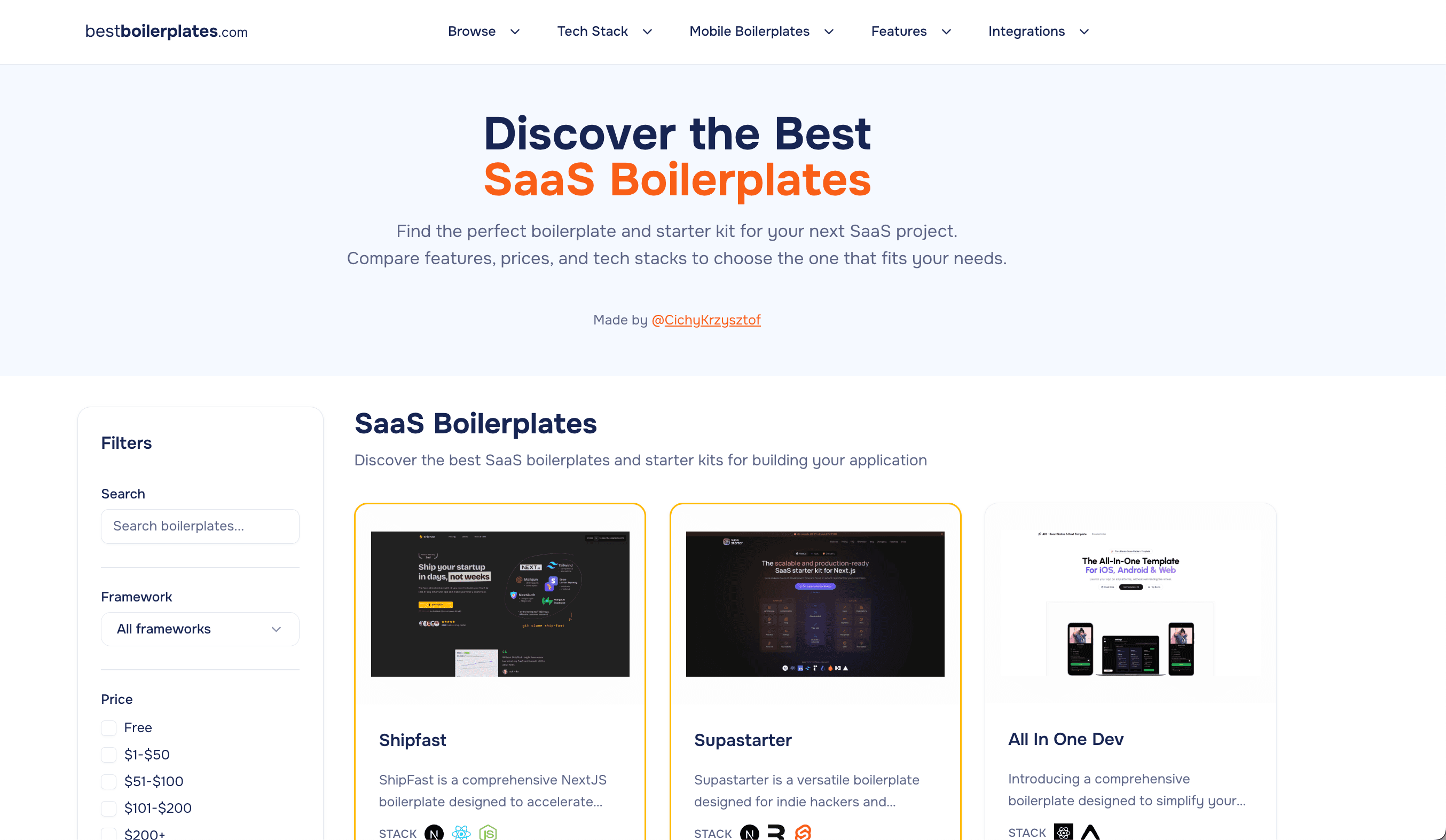Lucia Auth vs. GoPasswordless
Lucia Auth
Lucia is an open source auth library that abstracts away the complexity of handling sessions. It works with any JS runtime - Node.js, Bun, Deno, Cloudflare Workers. It's also fully typed. It integrates with MongoDB. PostgreSQL, MySQL, SQLite, and with their respective ORMs and query builders.
GoPasswordless
GoPasswordless is an authentication service and SDK that focuses on enabling passwordless authentication flows in web apps.
Reviews
Reviews
| Item | Votes | Upvote |
|---|---|---|
| Open source | 1 | |
| Fully typed | 1 | |
| Work with any JS runtime | 1 |
| Item | Votes | Upvote |
|---|---|---|
| No cons yet, would you like to add one? | ||
| Item | Votes | Upvote |
|---|---|---|
| No pros yet, would you like to add one? | ||
| Item | Votes | Upvote |
|---|---|---|
| No cons yet, would you like to add one? | ||
Frequently Asked Questions
Lucia Auth offers a fully typed library and works with any JavaScript runtime, including Node.js, Bun, Deno, and Cloudflare Workers. This makes it highly adaptable and developer-friendly, especially for those who prefer working with typed code. On the other hand, GoPasswordless focuses on enabling passwordless authentication flows but does not offer the same level of integration or typing support. Therefore, Lucia Auth may provide a better developer experience due to its versatility and typing features.
Lucia Auth is more versatile as it works with any JavaScript runtime like Node.js, Bun, Deno, and Cloudflare Workers. It also integrates with multiple databases such as MongoDB, PostgreSQL, MySQL, and SQLite, along with their respective ORMs and query builders. GoPasswordless, on the other hand, focuses specifically on enabling passwordless authentication flows and may not offer the same level of versatility in terms of runtime and database integrations.
GoPasswordless focuses on passwordless authentication, which can offer a higher level of security by eliminating the risks associated with password-based authentication. Lucia Auth, while versatile and developer-friendly, does not specifically emphasize passwordless authentication in its feature set. Therefore, if security through passwordless authentication is a priority, GoPasswordless may be the better option.
Lucia Auth is designed to work with any JavaScript runtime and integrates with multiple databases, making it a highly scalable option for various backend environments. GoPasswordless focuses on passwordless authentication but does not provide specific details about its scalability features. Therefore, Lucia Auth may offer better scalability due to its broader integration capabilities and flexibility.
Lucia Auth is an open-source authentication library designed to simplify session management. It supports various JavaScript runtimes, including Node.js, Bun, Deno, and Cloudflare Workers, and is fully typed. The library integrates with databases such as MongoDB, PostgreSQL, MySQL, and SQLite, as well as their respective ORMs and query builders.
Pros of using Lucia Auth include being open source, fully typed, and its compatibility with any JavaScript runtime. As of now, there are no user-generated cons listed for Lucia Auth.
GoPasswordless is an authentication service and software development kit (SDK) that focuses on enabling passwordless authentication flows in web applications. It aims to improve security and user experience by eliminating the need for traditional passwords.
The main features of GoPasswordless include passwordless authentication, easy integration with web apps, and improved security measures. It allows users to log in using methods such as email links, biometrics, or magic links, thereby reducing the risk of password-related vulnerabilities.
The benefits of using GoPasswordless include enhanced security, as it eliminates the risks associated with traditional passwords, and improved user experience, as users can log in quickly and easily without remembering complex passwords. It also reduces the chances of phishing attacks and credential stuffing.
Potential drawbacks of GoPasswordless might include the initial setup and integration process, which could require a learning curve for developers unfamiliar with passwordless authentication methods. Additionally, some users may need time to adapt to the new login methods, and there could be compatibility issues with older systems.




















